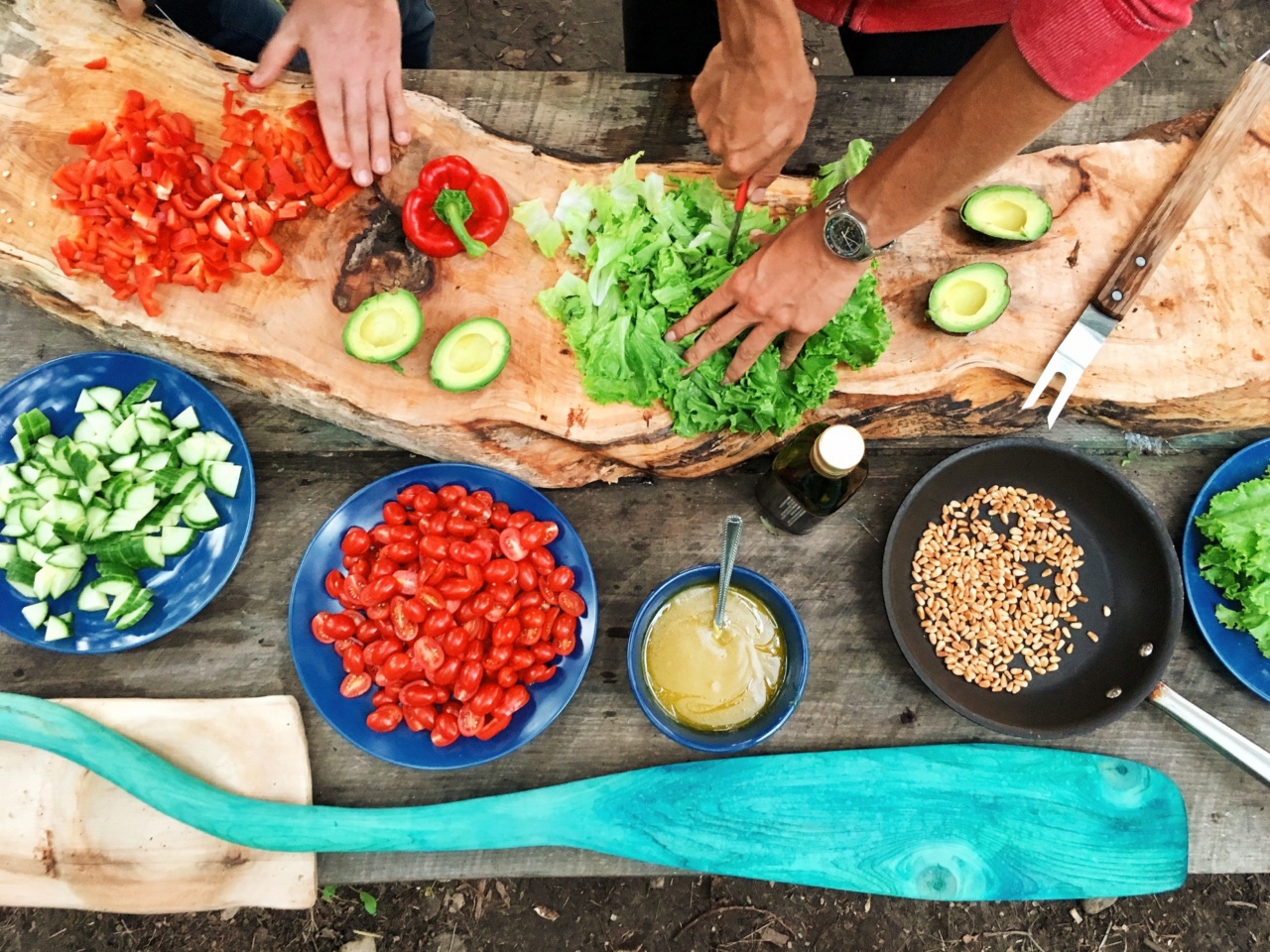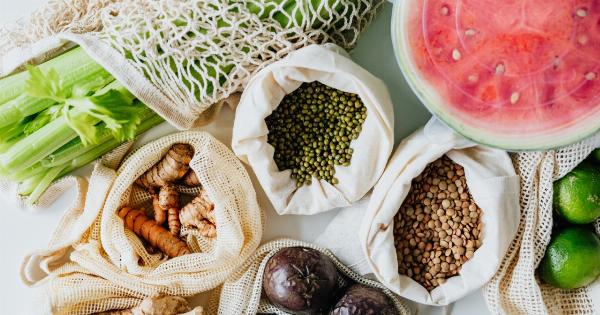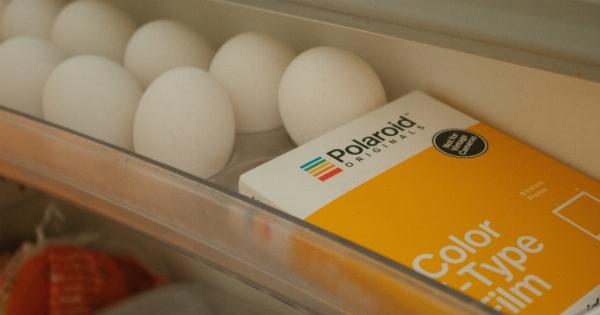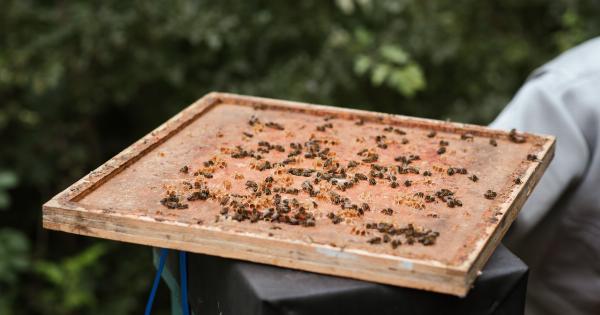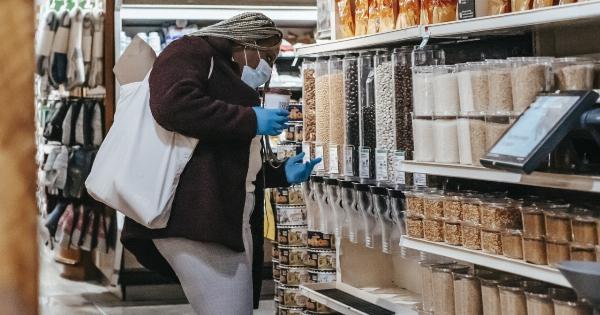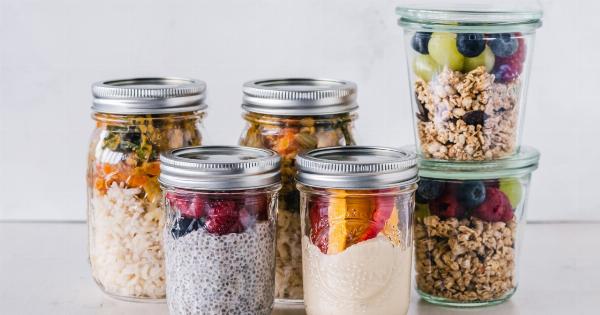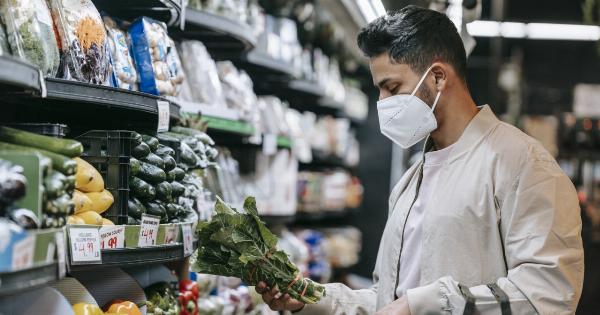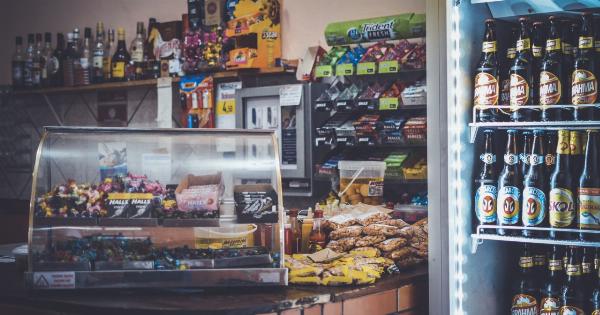Food security is a growing concern worldwide.
The World Food Programme defines food security as “when all people, at all times, have physical, social, and economic access to sufficient, safe, and nutritious food that meets their dietary needs and food preferences for an active and healthy life.” Cooking is an essential part of ensuring food security. However, there are several cooking slip-ups that could potentially harm the food security of individuals and communities.
Top 5 Cooking Slip-ups
1. Not properly storing food
Food storage plays a vital role in food security. Not properly storing food can lead to food spoilage, contamination, and waste. Food should be stored at the proper temperature and in the appropriate containers.
For instance, raw meats should always be stored separately from other foods to prevent the spread of bacteria. Additionally, leftovers should be stored in airtight containers and stored in the refrigerator, where they can be safely consumed for several days.
2. Using expired ingredients
Using expired ingredients can be hazardous to your health and decrease the nutritional value of food. Expired ingredients can spoil, become contaminated, and lose their nutritional value.
To avoid this cooking slip-up, it is essential to regularly check expiration dates before using ingredients. Additionally, you can organize your pantry and fridge to make it easier to see expiration dates and prevent food waste.
3. Overcooking vegetables
Overcooking vegetables can lead to a loss of vitamins, minerals, and nutrients, reducing their nutritional value. To avoid this cooking slip-up, it is essential to blanch vegetables before cooking to preserve their nutrients.
Furthermore, vegetables should be cooked to tender-crisp, as cooking them until soft can lead to nutrient loss.
4. Not using enough water
Not using enough water when cooking pasta, rice, and other grains can lead to unevenly cooked and undercooked food. This cooking slip-up can be avoided by using the right amount of water and stirring food frequently to distribute the water evenly.
Additionally, using the correct pot size can ensure that food cooks evenly and thoroughly.
5. Overcrowding the pan
Overcrowding the pan can lead to improperly cooked food, as the food will not cook evenly. It is better to cook food in batches or use a larger pan to allow for even cooking.
Additionally, overcrowding the pan can lead to a reduction in the cooking temperature, leading to longer cooking times and the potential for food spoilage.
Conclusion
Food security is an essential aspect of any community, and cooking plays a vital role in ensuring adequate access to nutritious food.
Avoiding cooking slip-ups such as improper food storage, using expired ingredients, overcooking vegetables, not using enough water, and overcrowding the pan can help to ensure food security and reduce food waste and contamination.
